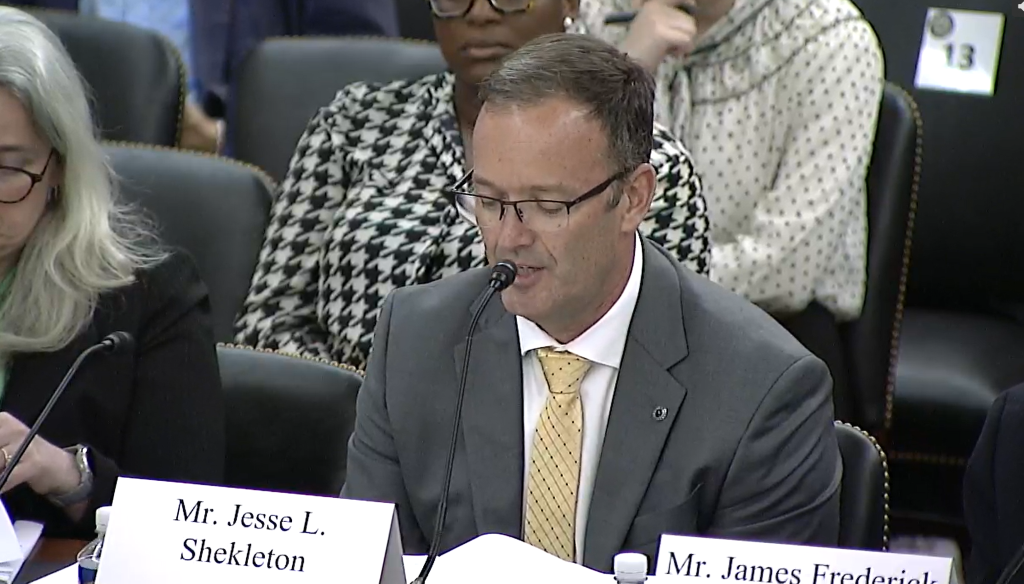Farm Bill Should Include Higher Broadband Speed Requirements
Congress should increase speed requirements for the USDA’s broadband programs to encourage fiber builds, committee hears.
Teralyn Whipple

WASHINGTON, May 17, 2023 – Witnesses at a Senate Committee on Agriculture, Nutrition, and Forestry hearing urged Congress to increase broadband deployment speed requirements in the Farm Bill of 2023 Wednesday.
Every five years, Congress passes legislation that covers agricultural and food programs in the Farm Bill, which includes rural broadband programs. The foremost of which is the US Department of Agriculture’s ReConnect Program which offers grants for broadband infrastructure deployment that connects rural addresses.
Congress can help push rural networks forward by encouraging fiber builds, which can be accomplished by keeping minimum speeds at 100 Mbps download and 100 Mbps upload, said Roger Nishi, vice president of industry relations at Waitsfield and Champlain valley Telecom.
High-speed internet is essential for precision agriculture techniques that connect farm equipment and buildings to reduce input costs and improve yields, added Jesse Shekleton, director of Broadband Operations at Jo-Carroll Energy.
“Demands for bandwidth on farms will continue to grow,” he said, arguing that fiber should be prioritized in rural builds due to its future-proof capacity.
The agriculture industry is trending toward a need for multi-gig service by 2030, he said. If we only build out the needs of today, we are not considering the needs of the future, he noted.
Justin Forde, vice president of government relations at ISP Midco, disagreed, claiming that the USDA needs to be technology-neutral to ensure that all locations are serviced by the most reasonable technology with regards to terrain and weather complications that could bar fiber deployment.
“It is simply irresponsible to try to drive fiber to all these rural locations,” claimed Forde. Customers do not need 100 Mbps symmetrical speed and it is unreasonable to deploy it, he continued.
CEO of Farmers Telecommunications Cooperative, James Johnson, said in response that 20 percent of rural consumers use 1 gigabit speeds and that speed demands will only continue to grow.
Inter-Agency Coordination
Witnesses also urged Congress to encourage federal agency cooperation to avoid overbuilds and duplicative grant funding.
The release of the updated memorandum of understanding in August of 2022, which outlined the coordination between the National Telecommunications and Information Administration and the Federal Communications Commission, is a good start, said Nishi.
However, these agencies need continual oversight from Congress to ensure they are working together to connect all Americans to broadband, he said.
In December, Sen. John Thune, R-S.D., introduced a bill that would merge the ReConnect program with the agency’s other broadband funding initiatives.
The coalition, including Sens. Ben Ray Lujan D-N.M., Amy Klobuchar, D-Minn., and Deb Fischer, R-Neb., argued the Rural Internet Improvement Act would facilitate the efficient dispatch of funding to rural areas. The bill would also limit the disbursal of ReConnect funds to areas in which at least 90 percent of households lack broadband service.
The bill has been introduced to the Senate Committee and is awaiting a vote.
Hearings regarding the 2023 Farm Bill will continue through the first months of the year. The current legislation is set to expire on September 30.








Member discussion